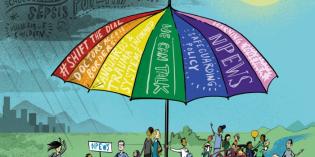Document
Paediatric sub-specialty training - application guidance
In the UK Paediatric Training Programme it's possible to choose to sub-specialise during specialty training (ST5-ST7). Applications are made through a competitive recruitment process at ST4 or higher, subject to having completed core training (ST1-ST4) and enough time left to complete the required c...










